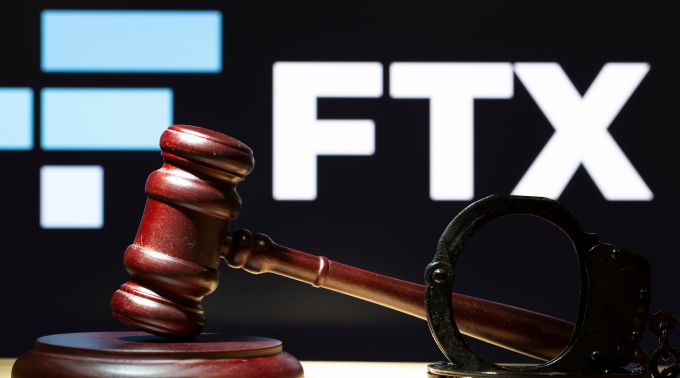
Kraken Co-Founder Criticizes Venture Capitalists for Enabling Fraud at FTXKraken Co-Founder Criticizes Venture Capitalists for Enabling Fraud at FTX In an X social media post on Wednesday, Jesse Powell, the co-founder of Kraken, criticized venture capital firms for their role in what he described as "obvious fraud" at FTX, led by Sam Bankman-Fried (SBF). Powell's comments come amid ongoing legal proceedings against SBF in New York.Venture Capital's Role in FTX's DownfallAccording to Jesse Powell, venture capitalists did not exercise due diligence in their ...
In an X social media post on Wednesday, Jesse Powell, the co-founder of Kraken, criticized venture capital firms for their role in what he described as "obvious fraud" at FTX, led by Sam Bankman-Fried (SBF).
Powell's comments come amid ongoing legal proceedings against SBF in New York.
Venture Capital's Role in FTX's Downfall
According to Jesse Powell, venture capitalists did not exercise due diligence in their investments in FTX, which ultimately led to its financial collapse. He blamed these firms for being swayed by SBF's personality rather than scrutinizing the operational aspects of FTX and its relationship with Alameda, another firm associated with Sam Bankman-Fried.
"It never crossed their mind that this behavior, the Alameda-FTX conflicts, could be a problem for a business whose chief responsibility was not losing money," said Powell.
The ongoing legal battle against SBF in New York has unveiled various irregularities in FTX's business conduct. Testimonies from former high-ranking officials, including FTX co-founder Gary Wang and Alameda CEO Caroline Ellison, have been particularly unsettling for the crypto community.
These revelations highlight the absence of corporate governance measures that could have protected investors in the company.
FTX's Financial Backers: A Closer Look
Several high-profile venture capital firms, such as the Ontario Teachers' Pension Plan, Sequoia Capital, SoftBank, Sino Global Capital, Paradigm, Temasek, SkyBridge, and Multicoin, invested heavily in FTX.
Despite claiming to have performed rigorous due diligence, these firms offered minimal oversight, allowing SBF to operate FTX as he saw fit. Reports even indicate that SBF conducted business meetings via video calls while simultaneously playing video games.
In the aftermath of FTX's failure, venture capital investments in the cryptocurrency sector have plummeted to figures not seen since 2020. Several of these firms, including Paradigm and Sequoia Capital, have been forced to write off their investments in FTX.
Concurrently, a legal storm is brewing, as some FTX users have filed lawsuits against these venture capital firms, alleging complicity in the fraudulent activities that led to the exchange's downfall.
Jesse Powell's accusations against venture capital firms and SBF highlight a critical aspect of risk in the rapidly evolving cryptocurrency market: the absence of due diligence and governance.
While the trial against SBF continues, its effects are already noticeable. Venture capital firms are increasingly cautious, and their reticence is affecting the broader crypto industry. As the legal challenges mount, the sector faces a moment of introspection, examining the balance between innovation and oversight.




